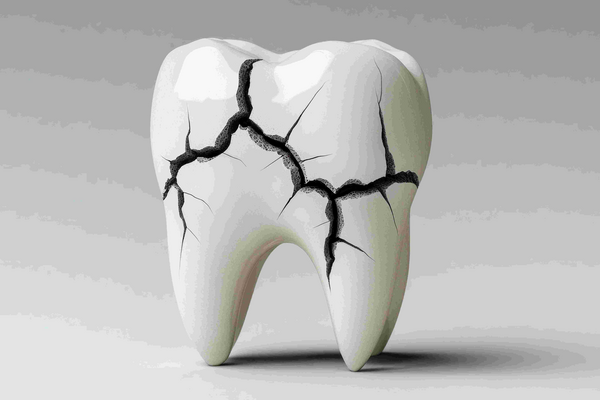
9 Ways To Prevent Tooth Damage And Infections
Taking care of your teeth is about more than just a sparkling smile; it's key to your overall health. Tooth damage and infections can lead to discomfort, costly treatments, and even health issues beyond your mouth.
Luckily, the following are some simple, effective ways to keep your teeth strong and your mouth infection-free. Read on.
1. Don’t Skip Dental Checkups
Keep in mind this universal truth: regular dental checkups are essential for maintaining oral health. Wherever you are, your dentist can catch early signs of tooth decay, gum disease, and infections before they become serious problems.
Say you're from Canada. If that's the case, aim to see your dentist every six months for a professional cleaning, oral exam, and so on to determine if you need to undergo Toronto endodontic treatment and many more.
If you have specific concerns, like sensitivity or pain, don’t wait until your next scheduled appointment. Tell your dentist the soonest. Early treatment can save you from more extensive and expensive procedures down the line.
2. Brush Twice Daily Without Skipping
One of the best ways to protect your teeth is by brushing twice a day—morning and night. Brushing removes food particles and plaque, a sticky film full of bacteria that can erode enamel and lead to cavities. Use a soft-bristled toothbrush to avoid damaging your gums and tooth surfaces. For the best results, use fluoride toothpaste to strengthen your teeth against decay.
3. Floss Every Day For A Deeper Clean
Many people skip flossing, but it's essential for good oral hygiene. Flossing once a day removes food and plaque trapped between teeth, where toothbrushes can’t reach. Left behind, these particles can cause cavities and gum infections. By flossing regularly, you reduce the buildup of plaque and bacteria, keeping your teeth and gums healthy.
4. Rinse With Mouthwash
Mouthwash isn’t just for freshening breath; it helps reach areas that brushing and flossing might miss. An antibacterial or fluoride mouthwash can kill bacteria, reduce plaque, and strengthen your enamel. For best results, rinse with mouthwash after brushing and flossing to add an extra layer of protection against tooth damage and infections.
5. Limit Sugary And Acidic Foods
Sugary and acidic foods are some of the biggest culprits in tooth decay. Bacteria in your mouth feed on sugar and produce acids that can erode enamel, leading to cavities and infections. Acidic foods and drinks, like soda, citrus fruits, and vinegar-based dressings, can also weaken enamel over time. Try to limit these in your diet or rinse your mouth with water after indulging to reduce their impact.
6. Stay Hydrated For Saliva Production
Did you know that saliva is one of your mouth’s best defenses? Saliva helps wash away food particles and neutralize acids in the mouth. Staying hydrated keeps your saliva production up, protecting your teeth and gums from bacteria and decay. If you experience dry mouth often, consider sipping water throughout the day and avoiding caffeine, which can dry out your mouth even more.
7. Don’t Use Your Teeth As Tools
Using your teeth to open packages, crack nuts, or even hold things can seem harmless, but it puts them at risk. These actions can chip or fracture your teeth, exposing the inner layers to bacteria and potentially causing infections. Treat your teeth with care and use the proper tools for any task that requires force.
8. Wear A Mouthguard If You Grind Your Teeth
Teeth grinding, known as bruxism, can wear down enamel and cause cracks, making your teeth more susceptible to decay and infection. Many people grind their teeth unconsciously, especially at night. If you think you might be grinding your teeth, talk to your dentist about getting a mouthguard to protect your teeth while you sleep. A mouthguard cushions the force of grinding and prevents damage to your teeth.
9. Consider Dental Sealants For Extra Protection
Dental sealants are a thin, protective coating that a dentist can apply to the chewing surfaces of your back teeth. These areas are prone to decay since they’re hard to reach and clean thoroughly. Sealants create a barrier over your teeth, keeping out food particles and bacteria that can lead to cavities and infections. They’re especially beneficial for children, but adults can benefit from them as well. Talk to your dentist to see if sealants are right for you.
Keep Your Teeth Strong And Healthy Today
Preventing tooth damage and infections doesn’t have to be complicated. By following these steps, you can protect your smile, avoid unnecessary pain, and save on dental costs. Remember, small daily habits make a big difference in your oral health, so don’t underestimate the power of brushing, flossing, and regular checkups. With these tips, you’re well on your way to a healthier, brighter smile!